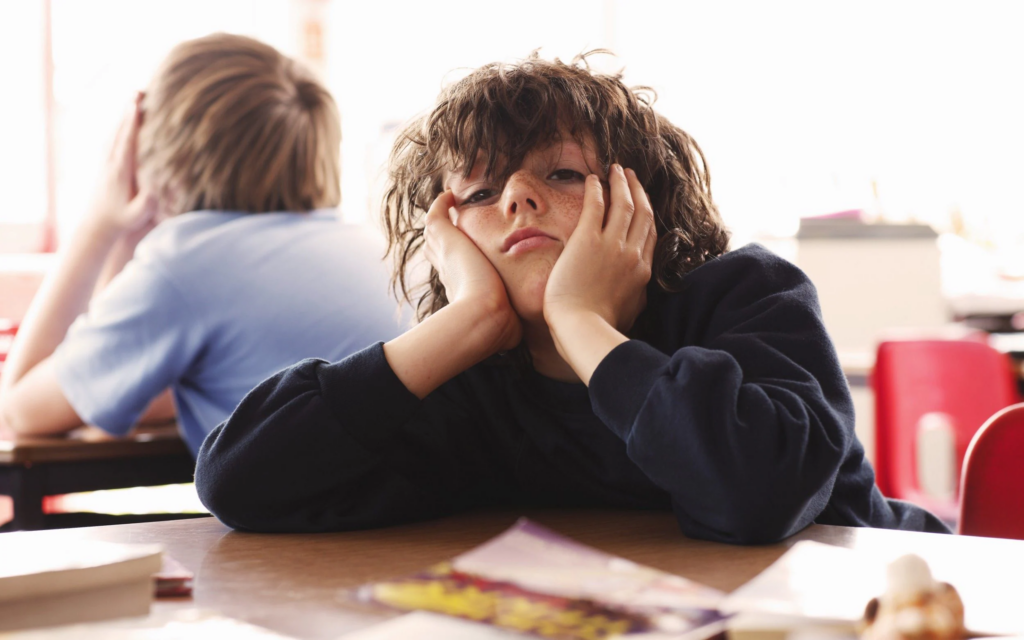This week we had the opportunity to listen to educator and entrepreneur Jesse Miller discuss the topics of internet safety, privacy, and online professionalism. Jesse focuses on developing digital citizenship policies and social media response plans in the education space. I found this presentation to be very engaging, especially because of the current discussion about cell phones in our education system, and, more generally, how young people use technology in learning environments.

Below is a stream of quotes from Jesse that stuck with me regarding technology as a tool versus a distraction. This made me step back and think: does the issue lie in the thing causing distraction (phone, laptop, tablet, etc.) or is it a larger problem of student disengagement, regardless of technology or not? As well, he brings up the important role technology plays in extending education and resource access to remote communities. The flip side of this is the inevitable issues related to equity and access when it comes to technology.
“What were the old days? When kids didn’t have resource tools? When they couldn’t learn further than their geographic boundaries? When they couldn’t go further than the curriculum, because they didn’t have the digital tools to take them on the information highway to explore them? Or is it just the idea that you like the old ways of kids sitting in a room and not being distracted by anything? Which again they were distracted just in different ways”.
Following his presentation, I discussed these topics and questions with some friends in our class, and we all agreed that there is no simple solution to the technology in education dilemma, specifically in terms of cell phones in schools. The idea of implementing an overarching ban seems shortsighted and not sustainable…we shall see!

I also appreciated Jesse’s discussion about the role of parenting in this discussion, and how children’s overuse of technology is a parenting issue, not a technology issue. Related to this, I had to laugh when he said, “Parents are gonna be your most difficult group of individuals you’re gonna work with”…it is not the first time I have heard this :’) I embedded a video interview below that features Jesse talking about his work. The main reason I included this is that it references the term “sharenting”. This is the idea that parents have become too comfortable sharing every and all aspects of their children’s lives on social media, without considering future consequences. “What do you want your child’s digital footprint to look like as they age?” is a great question asked, and gives me a lot to think about as a future educator and parent.
Jesse also mentioned Dr. Amy Orben’s research, who is a psychologist studying how digitalization and social media use impact adolescent mental health. After further exploration, I found that Dr. Orben’s work has shown that poorer mental health in today’s youth is not a result of increased social media use; statistically speaking, eating a potato every day has a worse impact on well-being. She argues that social media can be helpful in times of anxiety and loneliness and how, not if, the younger generation interacts with it is the most important factor.

